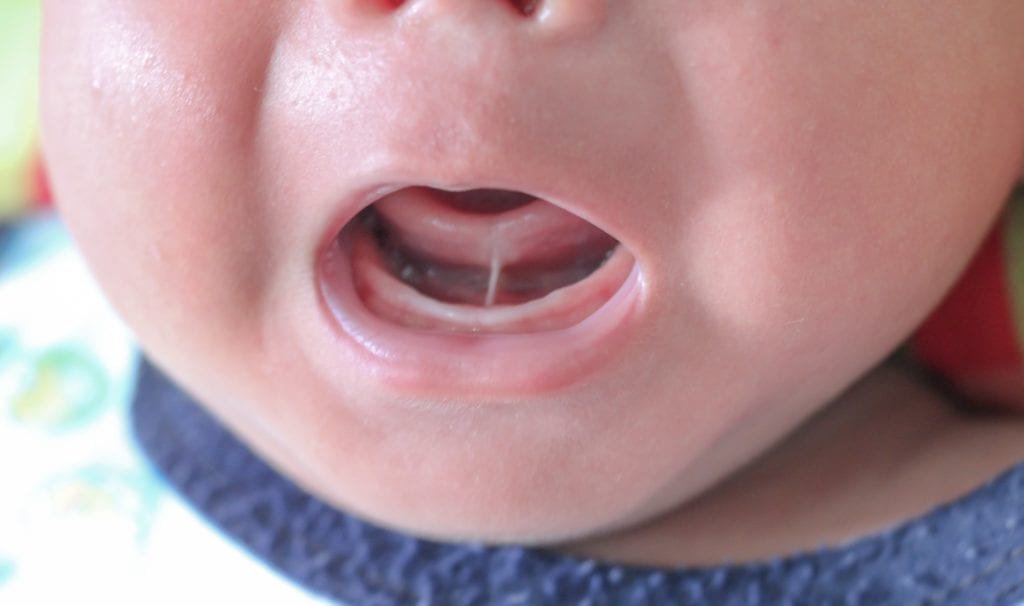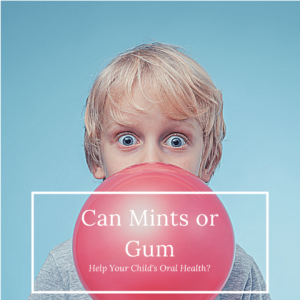Did you know that the way your child breathes can have certain effects on their oral and overall health? Normally, children breathe through their nose. Breathing through the nose allows for increased oxygen absorption and immune system functioning. This is because nitric oxide is present in the nasal passages. Nitric oxide helps transport oxygen throughout the body, relaxes vascular smooth muscle, dilates blood vessels, and is antifungal, antiparasitic, antibacterial, and antiviral.

In some cases, you may immediately notice your child breathing through their mouth. In other cases, you may notice symptoms that are associated with mouth breathing in children. These can include some or all of the following:
- Snoring
- Daytime sleepiness
- Irritability
- Increased crying episodes at night
- Difficulty concentrating at school
- Large tonsils
- Dry or cracked lips
- Complaints of dry mouth or frequent thirst
Occasionally breathing through the mouth is normal and usually occurs during exercise or when your child has a cold. Frequently breathing through their mouth, however, can be a cause for concern. Here are some things that mouth breathing can cause:
Tooth Decay and Gum Disease
When your child regularly breathes through their mouth, this causes the mouth to become very dry. Not only can this be uncomfortable for them, but it also results in a decreased production of saliva. Saliva is the mouth’s natural defense against harmful acids that can wear down tooth enamel. In fact, saliva is responsible for regulating the concentration of acids in the mouth. Without adequate amounts of saliva, your child’s risk of tooth decay and gum disease increases.
Gummy Smiles
A gummy smile is when there is too much gum tissue that grows over the upper teeth. Depending on the severity of the problem, gummy smiles can make the teeth look abnormally small since the gums actually conceal part of the tooth’s crown. Gummy smiles can further increase the risk of tooth decay and gum disease since bacteria can become trapped underneath excess gum tissue.
Improper Facial Development
Perhaps one of the more serious problems associated with mouth breathing in children is the improper growth and development of facial features. Regularly breathing through the mouth will inevitably cause the facial structures to develop a certain way. Mouth breathing in children can cause a longer face, droopier eyes, less prominent cheekbones, flatter facial features, reduced muscle tone in the lower half of the face, and a narrow palate (roof of the mouth). Additionally, mouth breathing often causes the upper jaw to grow more than the lower jaw. This will result in a severe overbite where the upper teeth will protrude from the mouth and not meet properly with opposing lower teeth.

Due to the various problems associated with mouth breathing, your child’s pediatrician and pediatric dentists are likely to agree that this habit must be stopped as soon as possible. There can be various reasons for mouth breathing, such as structural problems with their airway, a thumb or finger sucking habit, or a restricted lingual frenum (tongue tie). Therefore, it is important to identify the cause in order to treat it and retrain the body to breathe properly through the nose.
In conclusion, you should be concerned about mouth breathing as a parent. Although it may seem harmless, mouth breathing in children can lead to the development of serious dental issues, as well as overall health issues. For this reason, it is strongly encouraged to consult with your child’s pediatric dentist and pediatrician to identify the cause of their mouth breathing. Once the cause has been identified, dental and medical treatments can be carried out as needed to restore a normal pattern of breathing through the nose.





